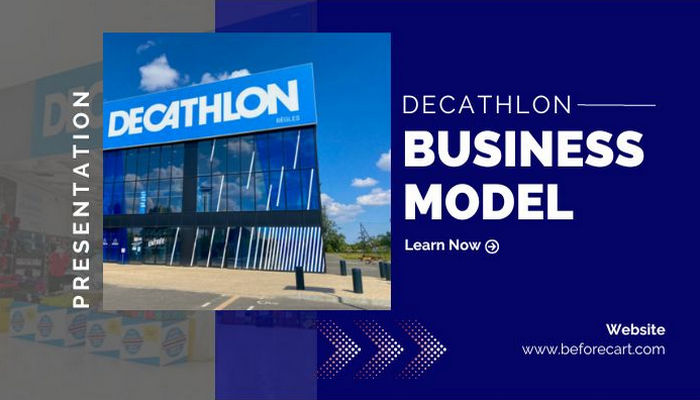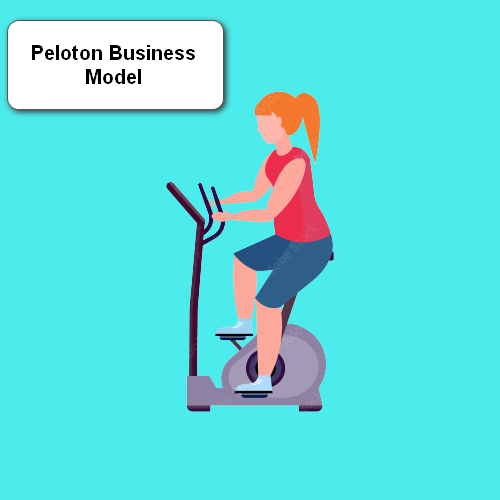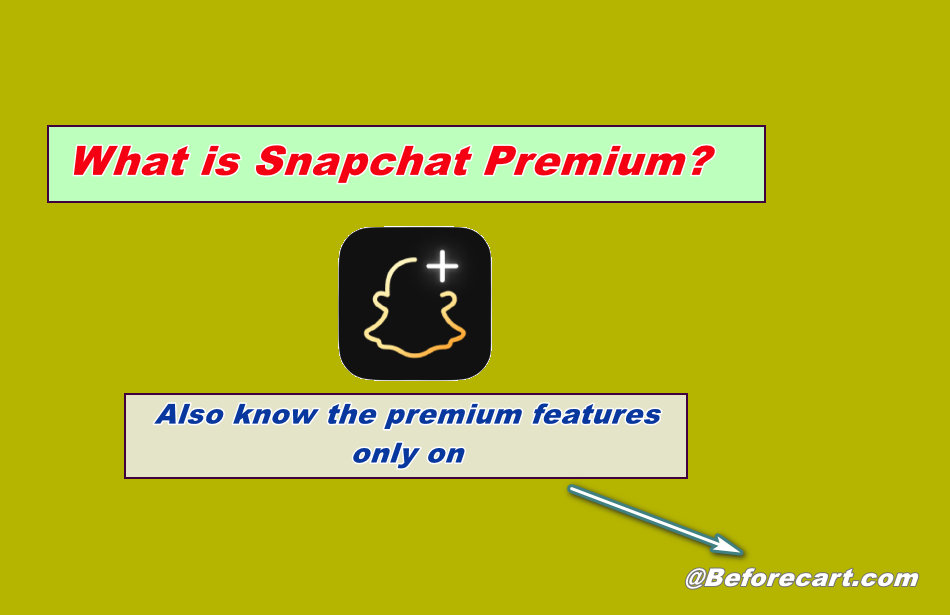Hello friends! Welcome to our new article. Friends, who doesn’t like sports? And India is such a country that people are crazy about sports. Another thing is that people play less and watch more. But still, there is a lot of demand for marks and related products in India. But, not many brands are available there for sports-related products. The name of this brand is Decathlon.
Credits: @backstagewithmillionaires
Decathlon has carved itself a separate niche in the frenetic world of retail, where competition is stiff, and client tastes are ever-changing. Decathlon has changed the sports retail sector and demonstrated a business strategy that exemplifies innovation and inclusivity through its vast product selection, unprecedented affordability, and unique approach to community engagement.
Today’s article will tell you about the world’s best and India’s number one sports brand company. So let’s know what this Decathlon is after all.
What is Decathlon?
Table of Contents
Decathlon is a French multinational sporting goods retailer and brand. It is among the biggest retailers of sporting goods in the entire world. In 1976, a French billionaire businessman, Michel Leclercq opened the business’ first location in Lille, France. It has subsequently expanded into a global company with locations in a variety of nations. Decathlon’s dedication to offering inexpensive and accessible sports equipment to individuals of all ability levels is one of its distinguishing traits. They stress the significance of making sports accessible to everyone, and their varied product line reflects this concept.

The company’s stores are typically large and designed to resemble mini-sporting complexes, providing customers with hands-on experience testing out equipment before purchasing. Decathlon also places a strong emphasis on sustainability and environmental responsibility. They work on creating more eco-friendly products and promoting sustainable practices within their operations.
Understanding the Essence of Decathlon
The core of the lifestyle brand Decathlon is the belief that everyone should have access to sports. The firm’s name, founded in 1976 in Lille, France, by Michel Leclercq, represents its devotion to numerous athletic disciplines. Decathlon has grown from a simple store to a communal centre for sports fans of all levels.
Recommended: Amazon business model – How Does Amazon Makes Money in 2023?
Vertical Integration: The Backbone of the Decathlon Business Model
The Decathlon business model strongly focuses on vertical integration, one of its distinguishing characteristics. Decathlon controls the entire value chain, from product conception and design to production and distribution, in contrast to conventional retail methods that rely primarily on outside suppliers and intermediaries. This approach provides Decathlon with several distinct advantages:
- Cost Efficiency: Decathlon significantly reduces costs by handling the whole production process in-house, reducing the need for intermediaries. Affordable pricing is subsequently offered to the public due to these cost reductions.
- Quality Control: Decathlon maintains stringent quality standards with direct oversight over production. This not only ensures that customers receive products of high quality but also builds trust and brand loyalty.
- Flexibility and Innovation: Vertical integration allows Decathlon to respond swiftly to market trends and customer demands. The brand can introduce new products and make improvements without the bureaucratic delays associated with third-party suppliers.
Wide Product Range: Catering to Every Athlete
Decathlon’s business model revolves around offering a comprehensive product range that spans over 70 sports disciplines. Whether you’re a seasoned athlete or a beginner taking your first steps in fitness, Decathlon has something to offer. From soccer to cycling, hiking to swimming, Decathlon’s diverse products ensure that every sports enthusiast finds what they need under one roof. This broad product range is a testament to their commitment to inclusivity and a strategic move to capture a wider customer base.
Recommended: Walmart Business Model | How Does the Company Make Money?
Affordability: A Cornerstone of Success
Affordability lies at the heart of the Decathlon business model. Through its vertical integration strategy, Decathlon eliminates multiple layers of markups that typically inflate prices in traditional retail models. This allows them to provide high-quality sports equipment and gear at prices that are accessible to a wide range of consumers. Decathlon bridges the gap between aspiring athletes and the resources they need to pursue their passions by prioritizing affordability.
Private Labels: Building Brand Loyalty
Decathlon’s business model incorporates a unique approach to branding through private labels. Instead of relying solely on external brands, Decathlon has developed its exclusive brands across various sports categories. These private-label products set them apart from competitors and allow Decathlon to maintain higher profit margins. This branding strategy fosters a sense of loyalty among customers who associate these labels with Decathlon’s commitment to quality and affordability.
Engaging In-Store Experiences: Creating a Community
Decathlon stores are designed to be more than just shopping destinations. Many outlets feature in-house sports facilities where customers can test products and try out equipment before purchasing. This hands-on experience enhances customer satisfaction and fosters community among sports enthusiasts. Decathlon goes further by organizing events, workshops, and sports festivals that unite like-minded individuals, creating an ecosystem where the brand becomes synonymous with an active lifestyle.
E-Commerce and Digital Outreach: Expanding the Reach
The business strategy of Decathlon encompasses both online and offline sales channels. Decathlon has benefited from e-commerce by using the development of internet purchasing to reach a worldwide audience. Customers can browse items, weigh alternatives, and make purchases from the convenience of their homes thanks to their user-friendly web platform. This digital presence has boosted their revenue and enhanced accessibility for customers who might not have physical Decathlon stores nearby.
Revenue Streams: A Multi-Faceted Approach
The Decathlon business model boasts a multi-faceted approach to revenue generation:
- Product Sales: The primary source of revenue stems from selling a wide array of sports equipment, apparel, and accessories that cater to diverse customer needs.
- Private Labels: Private-label products contribute significantly to revenue, offering higher profit margins and exclusivity.
- Retail Outlets: Physical stores provide personalized experiences, allowing customers to interact with products and seek expert advice.
- E-Commerce: The online platform taps into the growing trend of online shopping, expanding Decathlon’s market reach.
- Membership Programs: Some markets offer membership programs that provide exclusive benefits, generating additional revenue through membership fees.
- Services and Workshops: Decathlon enhances the customer experience and generates supplementary revenue by offering sports workshops and coaching services.
Frequently Asked Questions:
1. Who is the Owner of Decathlon?
Decathlon was founded by Michel Leclercq in 1976. He is generally called Decathlon’s creator because he played a crucial role in developing the brand and its business approach. Decathlon, on the other hand, is a company owned by shareholders and runs under a more sophisticated ownership structure. The brand’s growth has led to the involvement of various stakeholders and investors. While Michel Leclercq’s vision and leadership were instrumental in shaping Decathlon’s early years, the ownership and management of the company have evolved as it has expanded globally.
2. Why are Decathlon prices so low?
Decathlon acknowledges that they don’t involve external importers in their supply chain. Instead, they collaborate with exclusive partners, which avoids additional layers of markups that customers usually bear. Their focus on minimal margins translates to reduced prices for customers. Moreover, Decathlon practices “smart cost” management, identifying areas to save on expenses so they can channel those savings into lowering their product prices.
3. Is Decathlon a German brand?
Decathlon is a prominent French retailer specializing in sports goods. As of 2023, its widespread presence of more than 2080 stores across 56 countries and regions makes it the world’s most extensive sporting equipment and gear retailer.
Conclusion: The Decathlon Business Model Unveiled
In an ever-evolving retail landscape, the Decathlon business model stands as a testament to the power of innovation, affordability, and community engagement. By mastering the art of vertical integration, diversifying their product range, and fostering a sense of belonging among sports enthusiasts, Decathlon has redefined sports retail. As consumers continue to seek brands that align with their values and aspirations, Decathlon’s business model inspires those looking to create a harmonious blend of profitability and passion.





